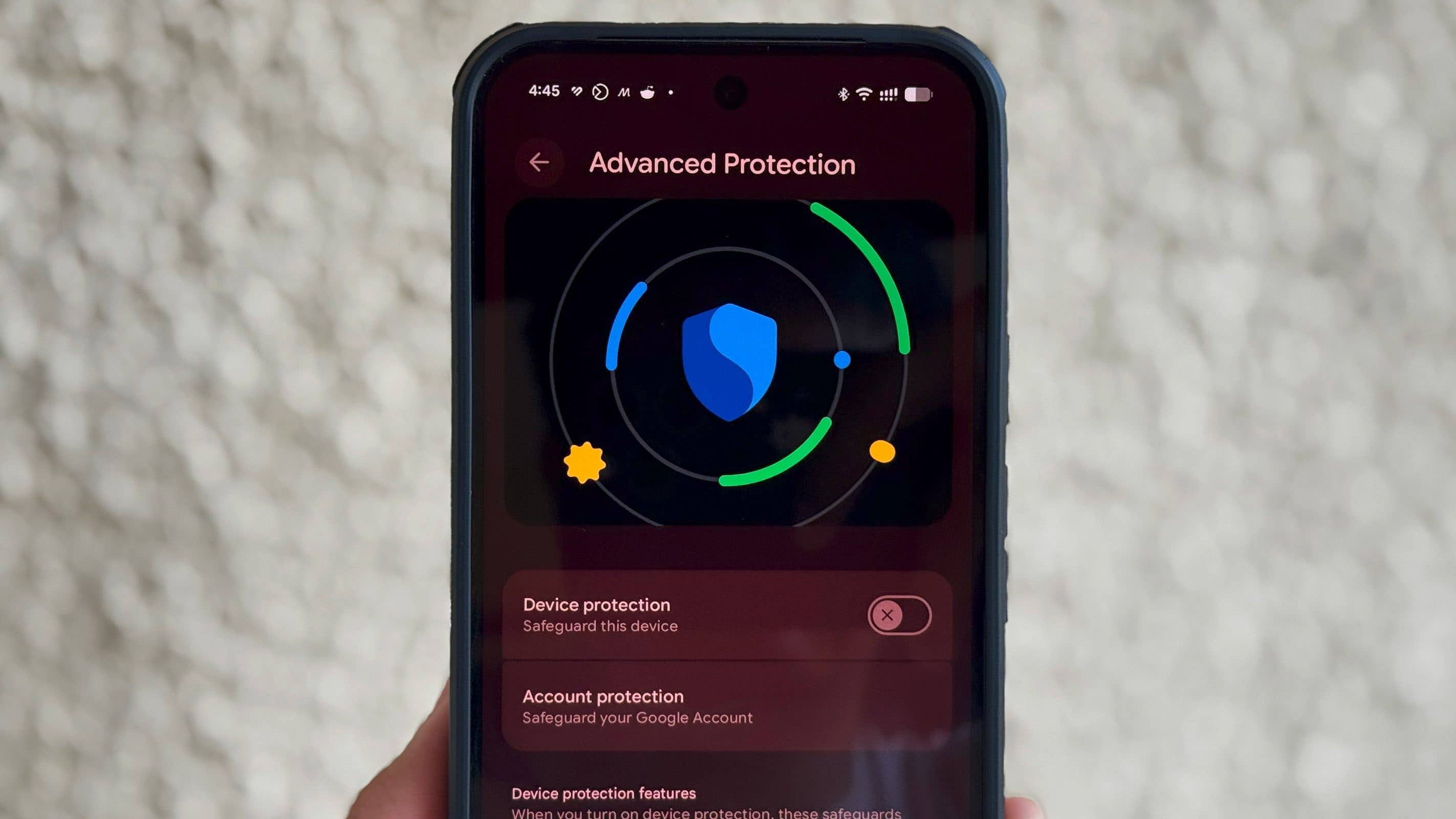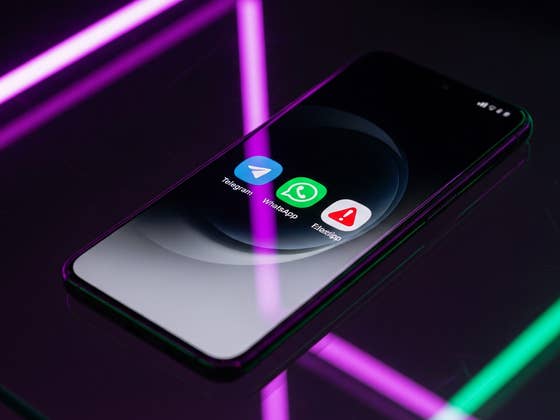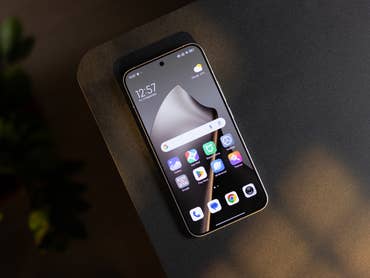Malware comes in many forms, including spyware and infostealers. Both are designed to trick users into thinking they are legitimate apps, then secretly monitor activity and steal personal information. The latest threat, discovered by Kaspersky Lab and named LunaSpy, appears to combine both types, making it especially dangerous.
How LunaSpy Works and Is Distributed
According to Kaspersky, LunaSpy targets Android users and spreads through popular messaging apps, such as Telegram. It disguises itself as an antivirus or banking security app to gain trust. The malware is typically sent by unknown contacts or compromised accounts, and may also circulate through group channels.
Once installed on a phone or tablet, LunaSpy alerts the user about fake security threats and prompts them to grant access permissions. These permissions allow the app to collect passwords, media files, and text messages, which are then sent to remote servers controlled by the attackers.
Beyond data theft, LunaSpy can also record the device’s screen, track location, and activate the microphone and camera to spy on the user. These recordings are transmitted to domains and IP addresses linked to the threat actors.
Kaspersky reports that LunaSpy has been active since late February 2025. While the full scope of the attack remains unclear, the firm notes that the malware is often used in conjunction with other malicious tools, indicating it is part of a broader strategy.
How to Protect Your Device from Malware
Older Android devices and outdated operating systems are especially vulnerable due to weaker security features. But anyone can be targeted if they are not careful.
On a brighter note, these types of malicious apps can be easily prevented as long as you apply general safeguards.

One of the most recommended protections is never to install third-party apps coming from messengers or someone you don’t know. While newer versions of Android OS block the installation of apps outside the Play Store enabled by default, those with earlier versions should go to their app settings and activate the feature.
You can also remove permissions for apps you suspect or uninstall them altogether. But if you think your device and data have already been compromised, you can turn on device protections and change your passwords.
What steps and tools do you recommend to keep your device safe? We want to hear your suggestions.





